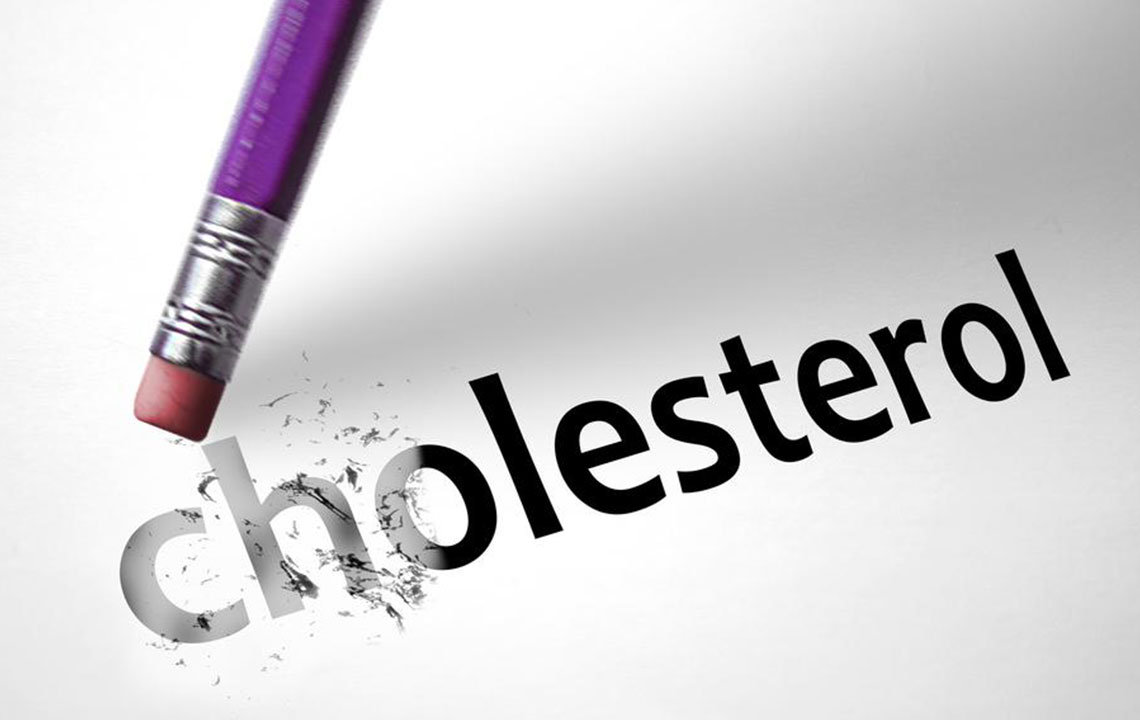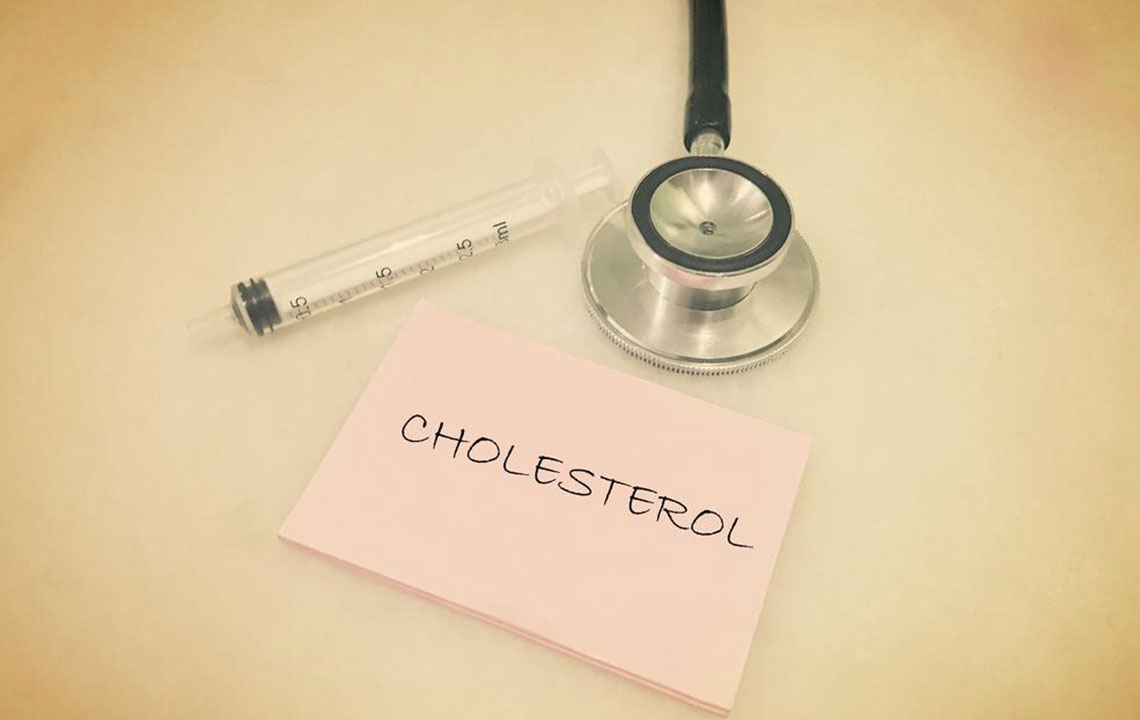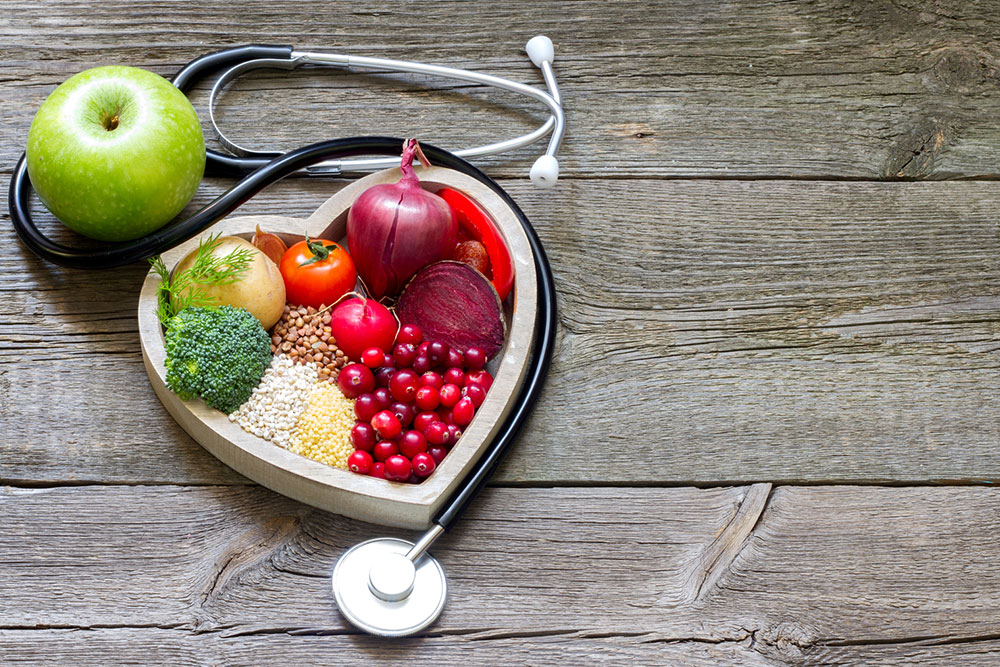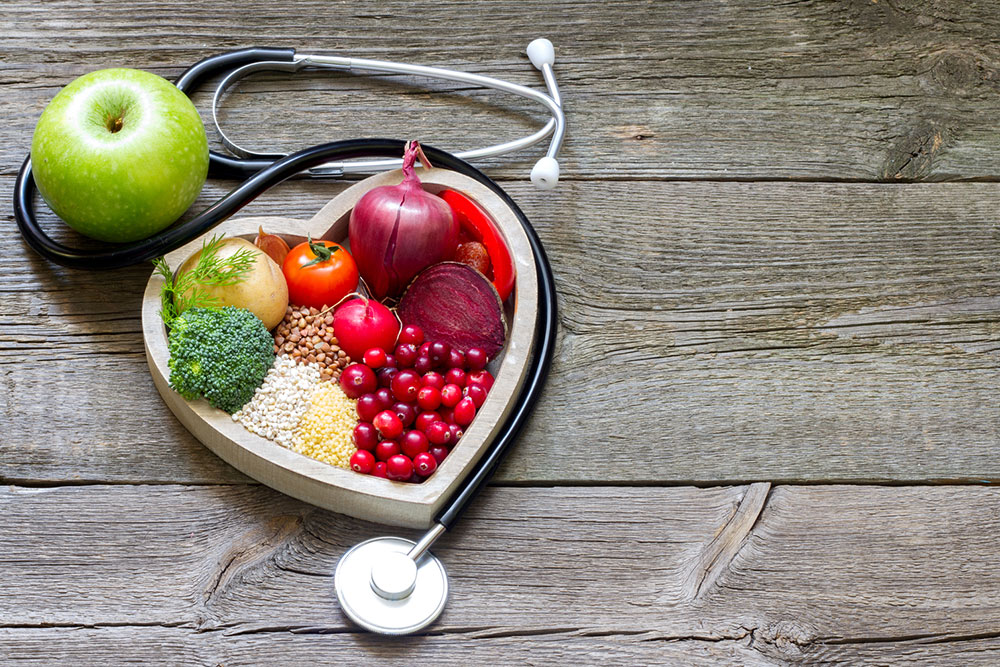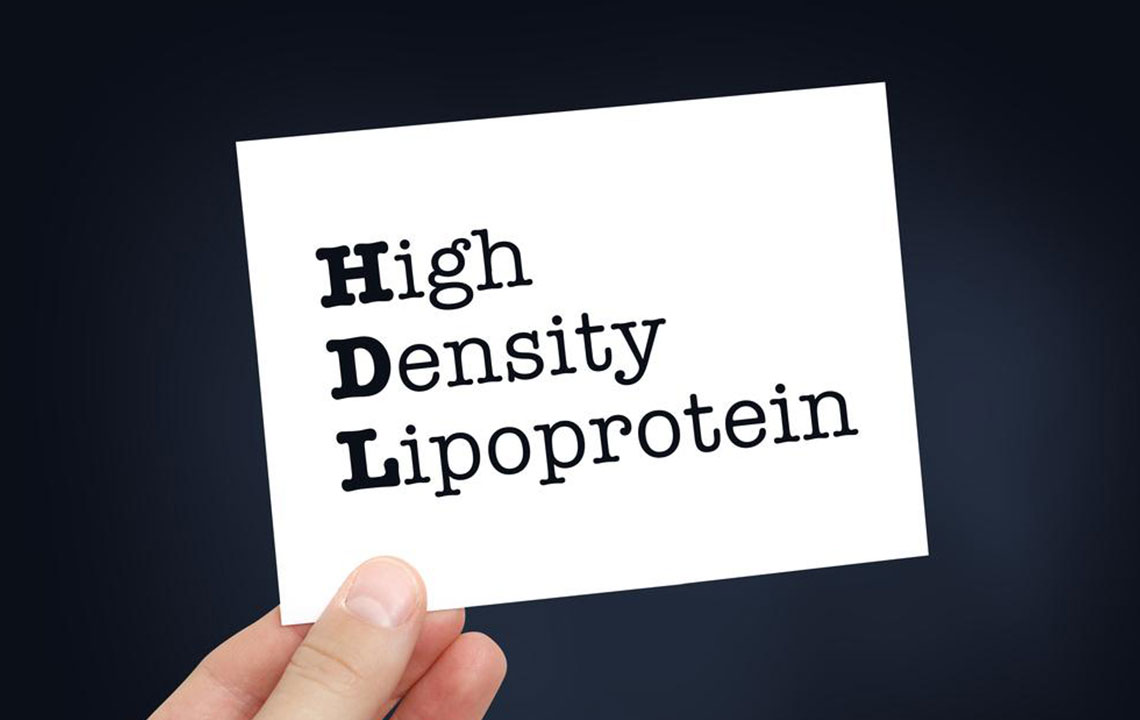Causes and signs of high LDL cholesterol in blood
High cholesterol in your blood can lead to a number of complications. It is the primary factor that leads to heart attack. Cholesterols are nothing, but fats that are present in your blood. When these unbroken fats get deposited in the arteries leading to your heart, cardiac arrest occurs. So it is essential to reduce cholesterol levels in your body.
There are two kinds of cholesterol, Low-density lipoprotein (LDL) and High-density lipoprotein (HDL).
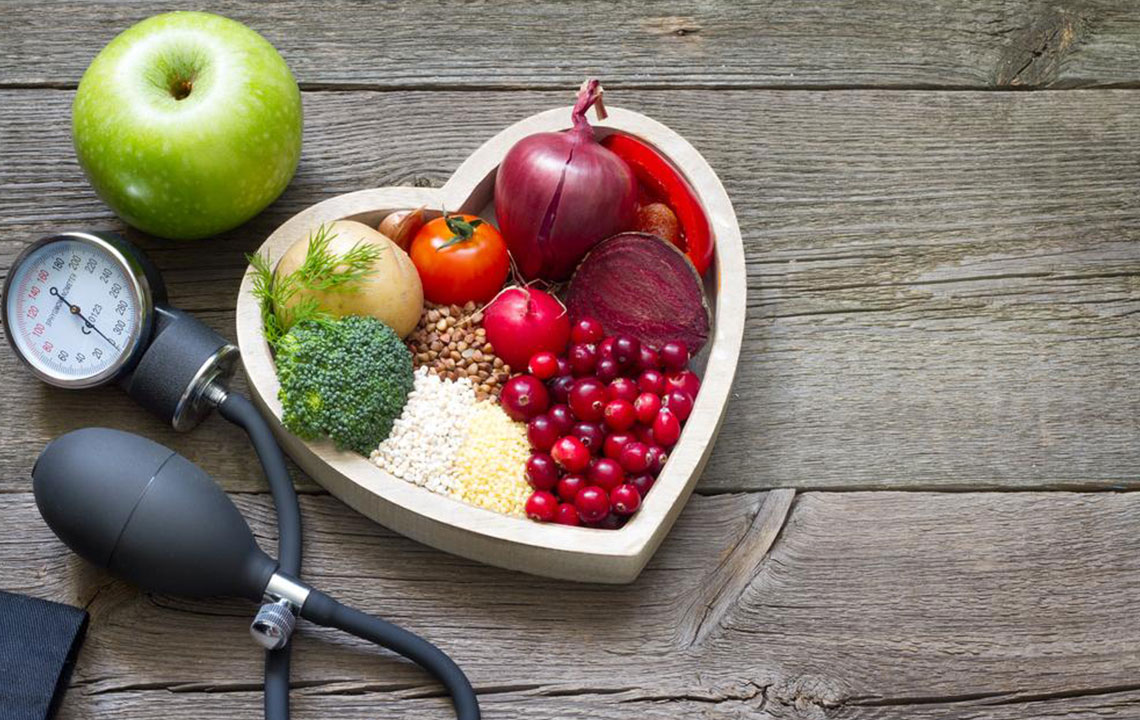
Poor diet
Saturated fats and trans fat-rich food are the main reasons for a higher LDL cholesterol level. The best way to lower LDL cholesterol is to cut off these foods from your diet.
Obesity
Obesity is a symptom of the presence of excess fat in your body. Fat increases the LDL cholesterol level.
Lack of exercises or no exercises
Exercise helps to burn fat and boost the HDL cholesterol, which is a good cholesterol and lower LDL cholesterol, the bad one, in the process. So if you have work which involves sitting for long hours, or you are too lazy to exercise, it acts against lowering LDL cholesterol.
Smoking
Smoking damages the walls of the blood vessels making them prone to accumulate fat deposits.
Diabetes
High blood sugar level is also a cause for high LDL cholesterol level in the blood.
Signs that you have high LDL cholesterol
Generally, high cholesterol doesn’t have any symptoms. Sometimes, if you are experiencing frequent chest pains, it may be a sign of high cholesterol in your blood. The only way to know whether you have high LDL cholesterol is to take a blood test, which shows a total blood cholesterol level beyond 240 mg/dL. You must immediately take steps to lower LDL cholesterol level to make sure that you don’t suffer a heart attack. Maintain a healthy life with good diet and regular exercises to avoid the rise of cholesterol in your blood and consult your doctor on the same.
